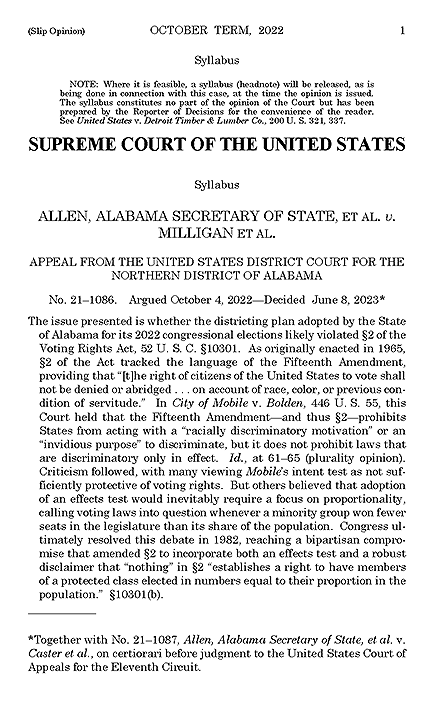Racism and Trademark Abandonment
Jon J. Lee 91 Geo. Wash. L. Rev. 932 As companies have come to terms with the fact that their brand names and imagery have connections to America’s racist history, they have publicly announced their commitments to shed their ignominious trademarks. But, unlike a physical monument, a trademark cannot be destroyed or removed. Under the... Read More
The Problematic Forgotten Buyback
Yesha Yadav 91 Geo. Wash. L. Rev. 864 Totaling in excess of $100 billion dollars in transactions annually, debt buybacks allow a company to repurchase bonds from investors, rewriting bar- gains and stripping away creditor control rights in the process. This Article shows that regulation systematically underprotects bondholders in the context of debt buybacks. It... Read More
Constitutional Double Standards: The Unintended Consequences of Reducing Police Presence
Ric Simmons 91 Geo. Wash. L. Rev. 817 In the wake of massive protests in the summer of 2020, many municipalities began to experiment with different ways to respond to 911 calls, while a number of school districts reversed a decades-long trend and began to take police officers out of their schools. The main purpose... Read More
Schutte & Polansky: Shifting the Landscape of False Claims Act Litigation & Compliance
The Supreme Court made waves in the False Claims Act litigation and compliance world this term, affirming the government's near unfettered dismissal authority and eliminating a key defense in cases involving ambiguous statutes or regulations.
A State Court Trial Judge’s Thoughts on Samia v. United States: Not Entirely Consistent with Crawford v. Washington
Samia promotes judicial economy at the cost of the Sixth Amendment’s right of confrontation.
The Surprising Success of the Alabama Plaintiffs in the Voting Rights Case Allen v. Milligan
In the recent Supreme Court term, the conservative majority on the Court prevailed on a significant number of controversial decisions. In the area of minority voting rights, however, the Court surprised experienced observers by ruling in favor of Alabama minority plaintiffs in a major redistricting case.
How Stalking Became Free Speech: Counterman v. Colorado and the Supreme Court’s Continuing War on Women
The Counterman decision suggests that when it comes to women’s speech and safety, the more intractable problem with the current Supreme Court is not the forces that divide it, but those that unite it.
The Real and the Phantom 303 Creative: Which Is More Dangerous?
Professor Catherine J. Ross emphasizes the majority's narrow holding over the dissent's parade of horribles in response to 303 Creative v. Elenis.
JRAD Redux: Judicial Recommendation Against Immigration Detention
Mary Holper 91 Geo. Wash. L. Rev. 561 There is a dire need for bail reform in the immigration detention system. Scholars have suggested a variety of recommendations to improve the manner in which immigration detention decisions are made. All of these recommendations have rested on the assumption that there is a finite pool of... Read More
Hortatory Mandates
Nathan Cortez & Lindsay F. Wiley 91 Geo. Wash. L. Rev. 617 This Article is the first to describe “hortatory mandates” and articulate principles for judicial review. Hortatory mandates are laws whose form and function collide. Either they speak in mandatory terms but lack penalties or enforcement mechanisms, or they speak in hortatory, precatory terms... Read More





